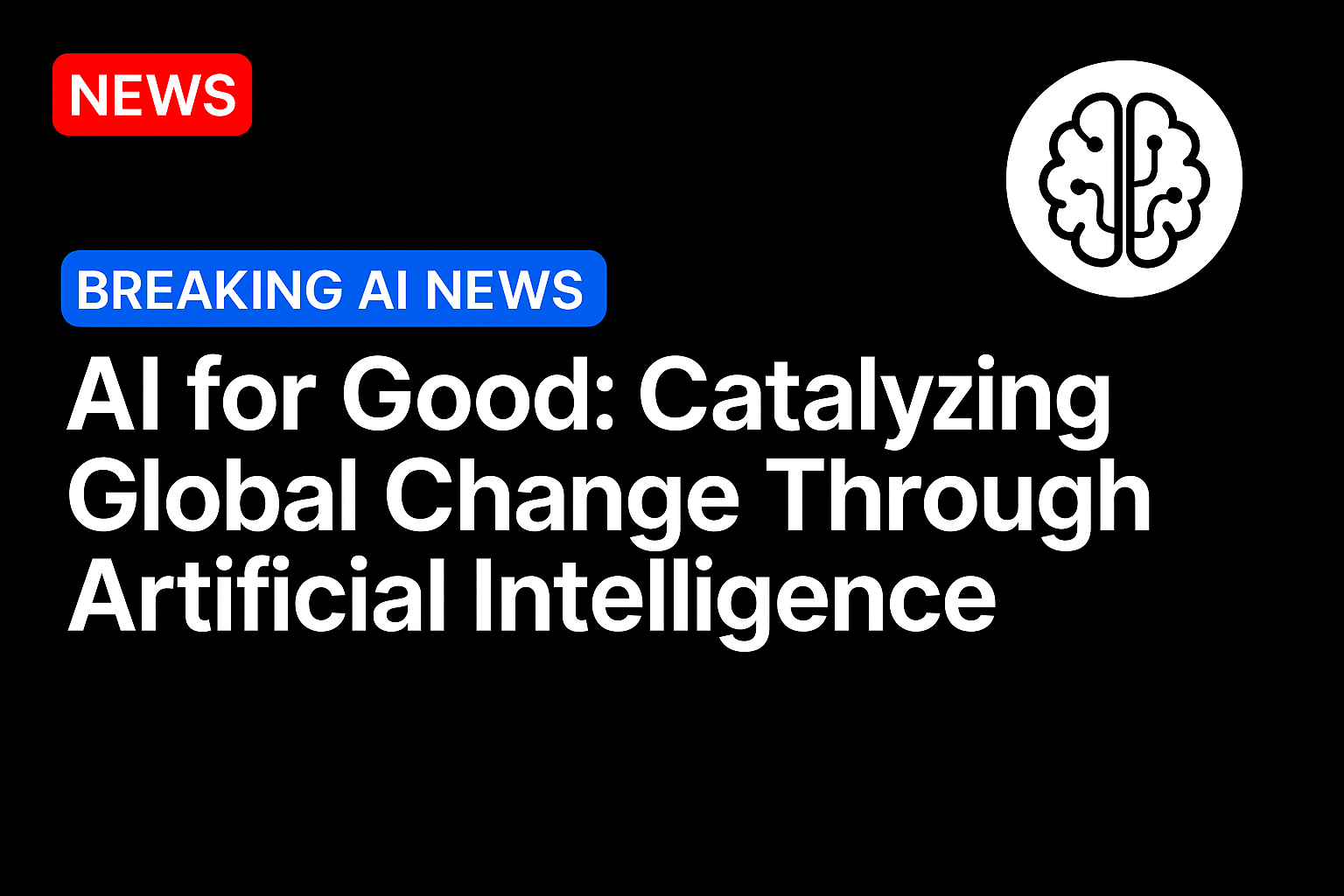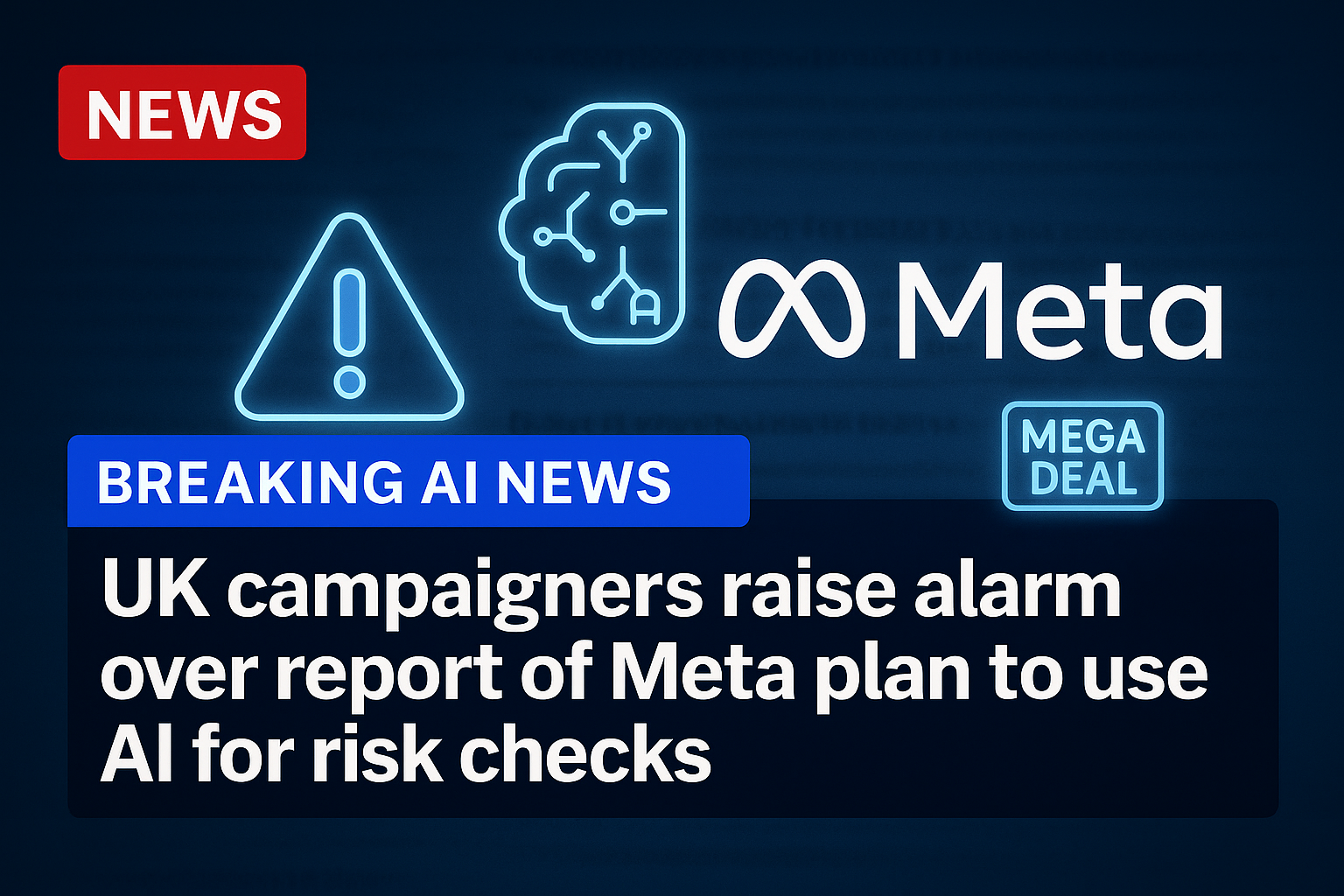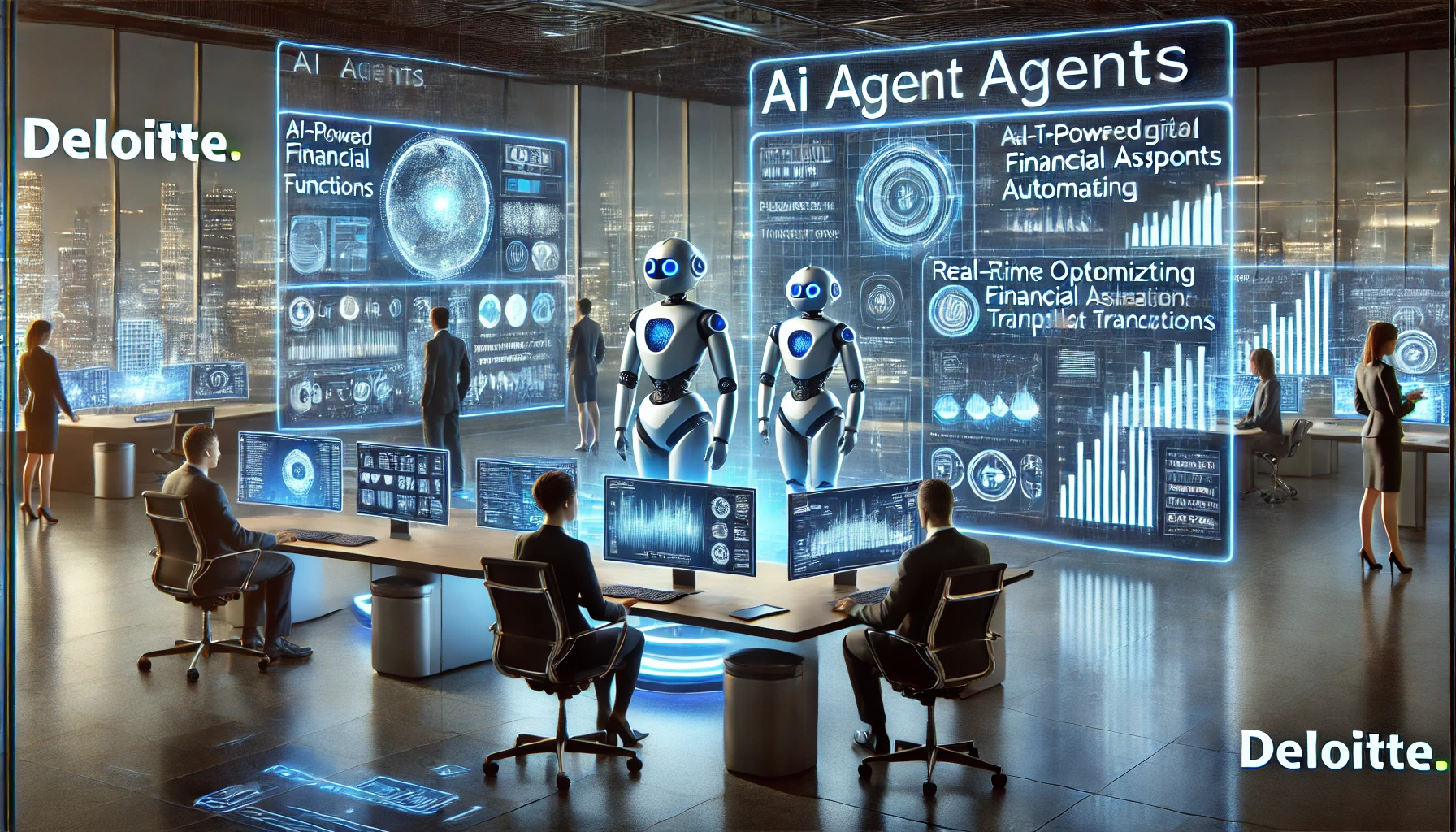
The past week was arguably the most active on the agentic artificial intelligence (AI) front of the year. When you have companies as big as Google, Amazon and Zoom vying for the headlines, it can’t help but be a big week for innovation and adoption.
But perhaps the most impactful development came from a newly published case study from Moody’s. Because while agentic AI is long on promise, it’s tight on actual successful use cases.
So the Moody’s use case was welcome news for Prompt Economy advocates. VentureBeat reports that Moody’s faced a pressing challenge: Its customers often spent 40 hours or more preparing credit memos, a process bogged down by unstructured data and manual workflows.
After years of experimenting with machine learning tools that struggled to handle PDFs and other messy inputs, the firm saw a turning point in late 2022 with the advent of large language models. The situation called for a way to boost productivity while safeguarding accuracy in a highly regulated environment. The complication lay in finding a solution that could scale across complex financial tasks without creating compliance risks or locking the company into a single AI vendor.
The resolution came with Moody’s launch of Agentic Solutions, a modular AI framework that breaks down credit memo preparation into specialized tasks handled by different agents. One agent verifies entities, another extracts data from filings, others assess peer comparisons and risks. Running in parallel, these agents reduced preparation time from 40 hours to just two minutes.
Moody’s also adopted a model-agnostic strategy, drawing on the most efficient tools for each task rather than relying on a single system, while grounding outputs in its proprietary dataset of more than 590 million entities to prevent hallucinations. The result is not only a massive productivity gain but also a blueprint for enterprises in regulated industries: start small, focus on proprietary advantages, and design AI systems that prioritize accuracy and compliance.
Retail Repositioning
Amazon is repositioning itself as more than a marketplace with its latest upgrade to Project Amelia, the AI assistant launched last year for independent sellers. What began as a conversational chatbot is now an “agentic” AI business partner that can reason, plan and act with a seller’s approval, embedding itself into daily operations across inventory, compliance and advertising.
As PYMNTS reported, its powered by Amazon Bedrock and models such as Nova and Anthropic Claude, the tool analyzes years of marketplace data to monitor stock levels, flag slow movers before storage fees hit, and recommend markdowns or fulfillment shifts. It scans in the background for compliance risks such as a mislabeled pesticide claim and can resolve issues before sales are disrupted. It even turns natural-language prompts into Sponsored Ads enriched with Amazon’s shopper data, boosting campaign performance by triple digits for early testers.
Sellers describe the new system as an embedded consultant that cuts dashboard time and administrative headaches. For Amazon, the upgrade signals a deliberate shift toward becoming a proactive partner in merchant growth, locking in loyalty as rivals like Walmart, Shopify and eBay advance their own AI-driven tools.
Speaking of Walmart, according to CIO.com, Walmart’s U.S. EVP and CTO Hari Vasudev sees agentic AI as the next stage in transforming how the retail giant operates at scale. He explained that Walmart has already infused AI into core processes like supply chain automation, demand forecasting, and in-store operations, producing measurable efficiencies such as halving distribution center costs and cutting refrigeration alerts by nearly a third.
But the company is now moving beyond these incremental gains toward what Vasudev called “a unified, agentic AI framework that reimagines how our business operates.” The initiative revolves around four “super agents” designed for associates, developers, customers and suppliers, with each acting as a proactive partner in streamlining workflows, improving personalization, and reducing complexity across Walmart’s global footprint.
Vasudev stressed that this isn’t a bolt-on to legacy systems but the result of years of investment, experimentation and iteration. “This isn’t a layer on top of legacy systems — it’s the result of years of foundational investment coming together to help Walmart move faster, reduce complexity, and deliver smarter, more personalized experiences at scale,” he told CIO.
Big Tech Agents
On the tech side of the ledger what has been called “the new browser wars” may have started in earnest last week. As covered by PYMNTS Google is positioning Chrome as more than a browser with its latest overhaul, integrating Gemini-powered tools that can summarize webpages, compare information across tabs, and provide app data without leaving the page. The company said the update is the biggest in Chrome’s history and will soon extend to agentic features such as booking appointments, ordering groceries, and resetting passwords with one click. Security upgrades will expand protections against scams and unwanted permissions, while the browser will connect more tightly with Google Search’s AI Mode.
At the same time, Google announced a partnership with PayPal to embed agentic shopping and payments across its platforms and introduced the Agent Payments Protocol, a new standard for authorizing AI-driven transactions with the same accountability as human purchases.
Zoom wants into the agentic game as well. At its Zoomtopia 2025 conference, Zoom unveiled AI Companion 3.0, a major expansion of its agentic AI strategy designed to move beyond simple assistance into proactive collaboration. The update equips Zoom Workplace and Business Services with tools that can turn conversations into actions, retrieve and synthesize enterprise knowledge, and generate tailored outputs with minimal prompting. Features include proactive scheduling, context-aware recommendations, note-taking across multiple meeting platforms, and advanced writing support, all aimed at cutting administrative work and elevating output quality.
Zoom also introduced new customer-facing capabilities such as agentic prospecting, automated quality management in virtual agents, and real-time voice translation, underscoring its push to make AI a seamless layer across collaboration, sales, and customer experience.
“Our customers’ most important conversations happen on Zoom, and now those conversations can result in critical insights to fuel real progress,” said Eric Yuan, founder and CEO of Zoom. “With AI Companion 3.0, our agentic AI can understand users’ specific context, priorities and goals to help them cut through the noise, focus on what matters most, and drive meaningful business outcomes.”
Source: https://www.pymnts.com/




